North Korea calls for economic growth, improved lives despite ‘complicated problems’
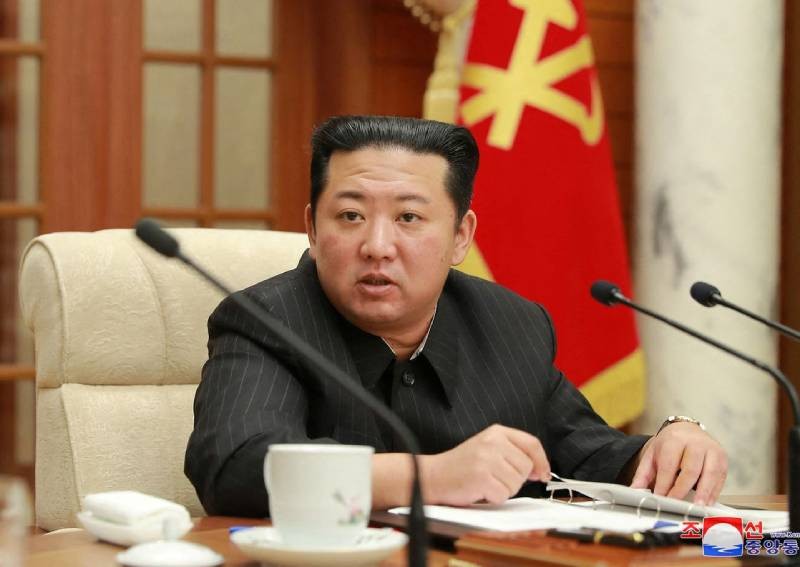
KCNA via Reuters
North Korea’s parliament pledged to develop the economy and improve people’s livelihoods in the face of a “persevering struggle” against international sanctions and the coronavirus pandemic, state media said on Tuesday (Feb 8).
The Supreme People’s Assembly (SPA), the reclusive state’s rubber-stamp parliament, gathered on Feb 6 and 7 to discuss the budget and adopt laws on childcare and the protection of overseas residents, the official KCNA news agency said.
Leader Kim Jong-un did not attend the meeting, which was led by Choe Ryong-hae, his key aide who chairs the SPA standing committee.
The parliament rarely meets and usually serves to approve decisions on budget, personnel and legal issues, as well as the tasks of the ruling Workers’ Party, whose members mostly form the assembly.
The gathering came as North Korea faces mounting economic woes amid sanctions over its weapons programmes and Covid-19 lockdowns which sharply cut trade with China, its major ally and economic lifeline.
In December, Kim lauded success made in implementing a five-year economic plan he unveiled early last year, but warned of a “great life-and-death struggle” this year to boost the economy and improve people’s lives.
Kim Tok-hun, premier of the cabinet overseeing the economy, said at the SPA meeting he aimed to consolidate the foundations for the five-year plan, with metal and chemical industries being key links, KCNA said.
“Last year (we) faced more difficult and complicated problems than expected due to the hostile forces’ persistent sanctions and worldwide health crisis, but waged persevering struggle to put the country’s economy on a new orbit of development,” he said.
“We are now faced with the heavy yet responsible task to lay a sure guarantee to implement the five-year plan and make evident changes in developing the economy and improving the standard of people’s living.”
Kim also vowed to bolster efforts to restore trade, and ramp up grain production to “normalise” food rations.
He listed meat, eggs, fruits, vegetables, mushrooms, dairy products and oil-bearing crops as essential items that “greatly contribute to the people’s diet.”
North Korea has not confirmed any Covid-19 cases, but closed borders and imposed strict travel bans and other restrictions.
The economy suffered its biggest contraction in 23 years in 2020 due to sanctions, the pandemic and bad weather.

The UN special rapporteur on human rights in North Korea has said the country’s most vulnerable people risk starvation amid deepening isolation during the pandemic.
The border shutdown led to a 80 per cent drop in two-way shipments in 2020 with China, which had accounted for some 90 per cent of North Korea’s trade volumes. Both sides resumed trade last month, when a North Korean train arrived in a Chinese border town for the first time since the pandemic.
At the SPA, Finance Minister Ko Jong-bom mapped out this year’s budget, including a 33.3 per cent hike in expenditures for “tackling the pandemic” and “emergency epidemic prevention work” from last year, KCNA said in another dispatch.
It did not specify the scale of the budget, but said 15.9 per cent of the total would be allotted to defence, similar to last year.
There was no mention of foreign policy or inter-Korean relations, unlike last September when Kim Jong-un hosted the SPA and offered to reopen hotlines with the South while criticising US “hostile policy.”


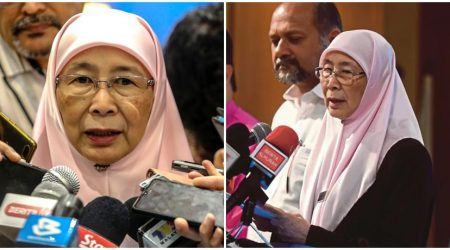
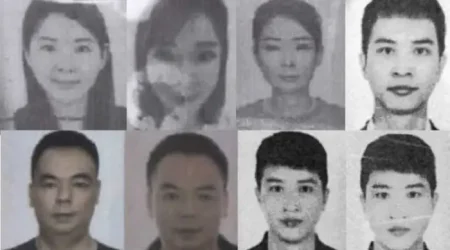

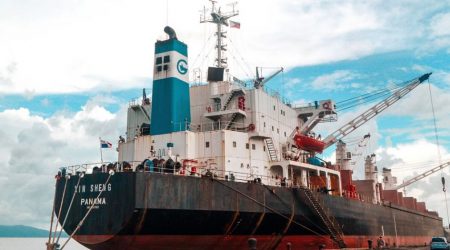
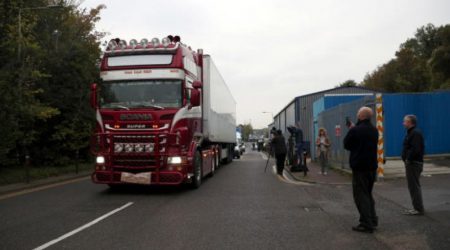

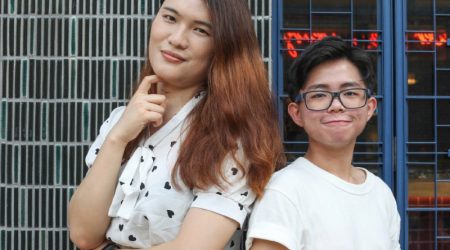
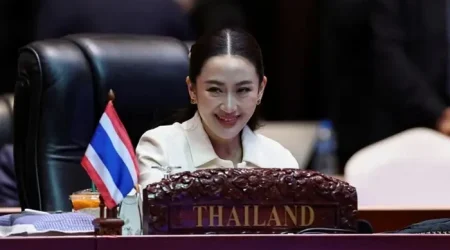

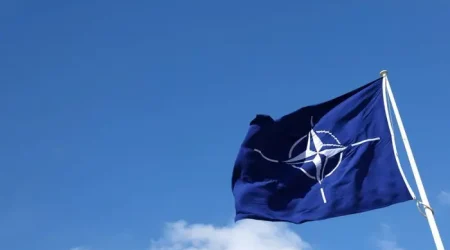
Leave a Reply